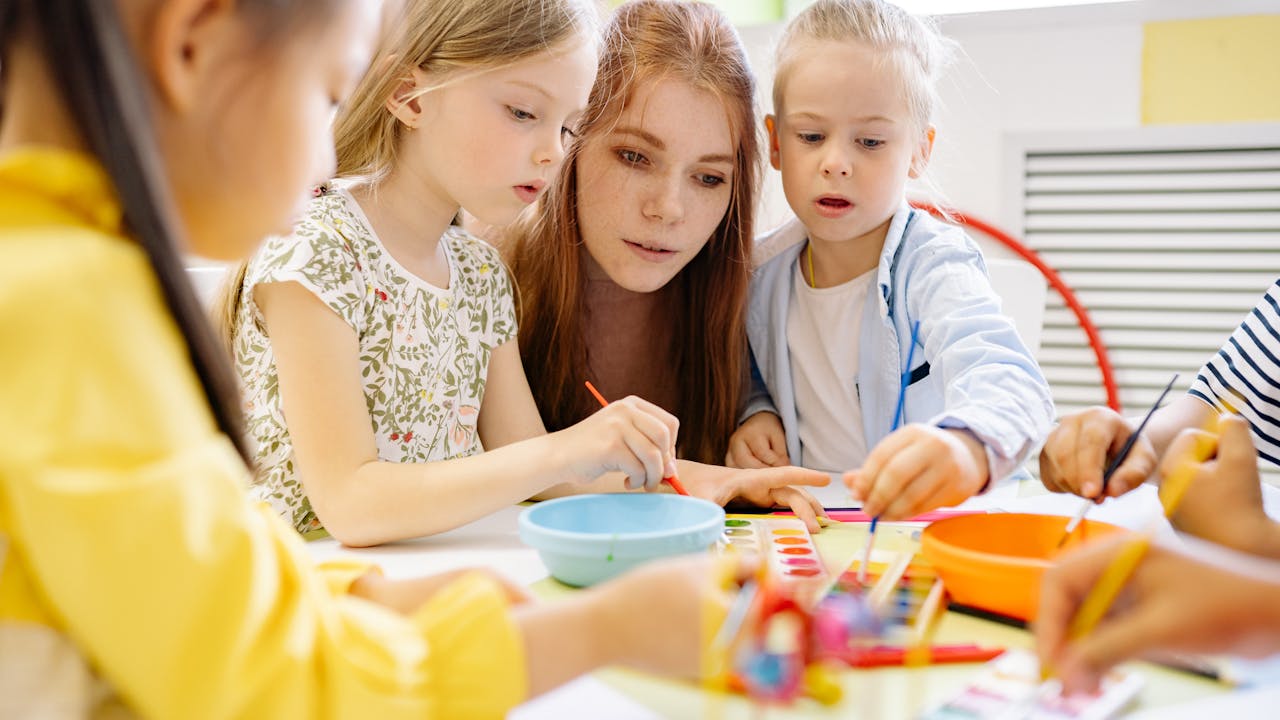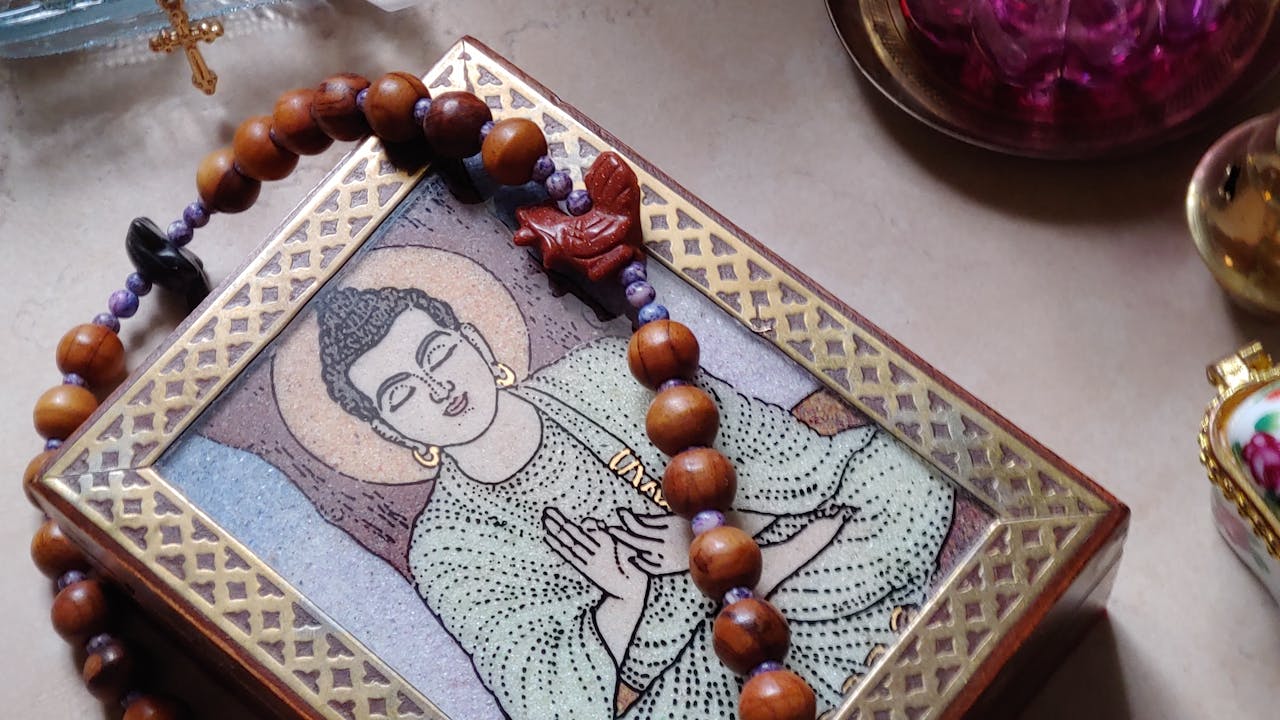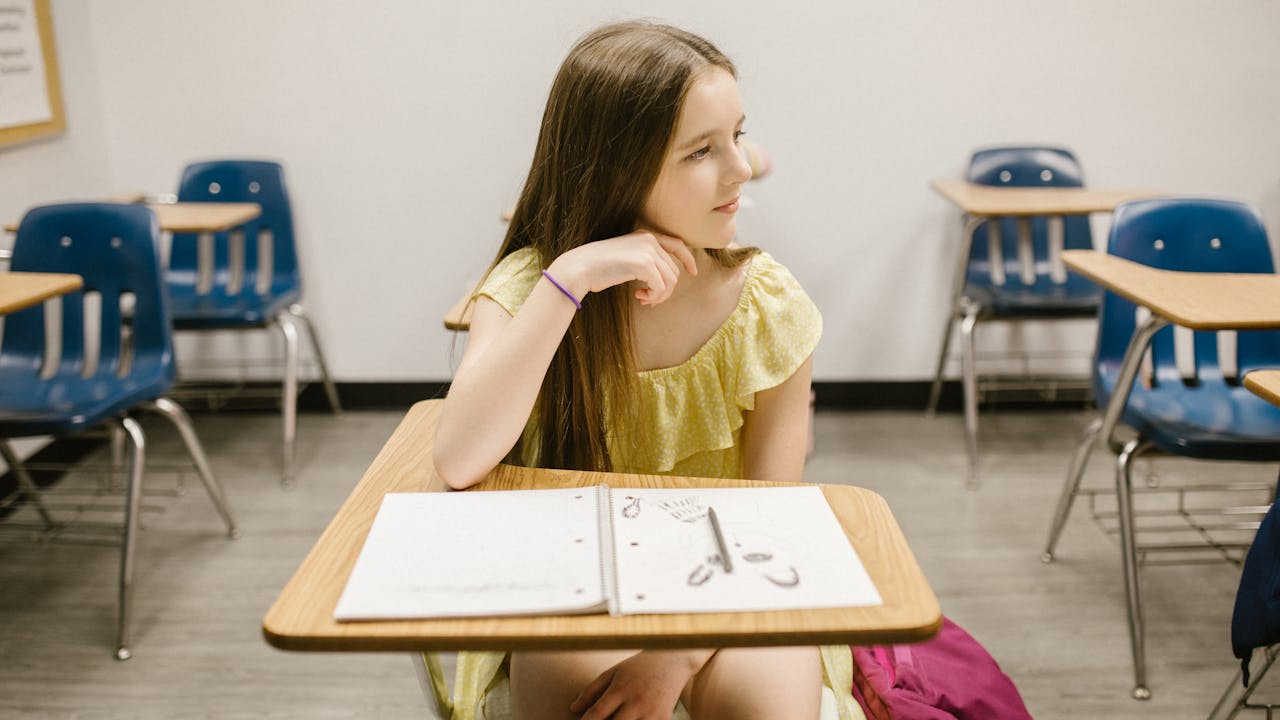Art education stands as a beacon of creativity and expression, enriching the lives of individuals and communities through the exploration of visual, performing, and literary arts. In a world increasingly driven by technology and innovation, the significance of art education in fostering creativity, critical thinking, and cultural appreciation cannot be overstated. Through this discourse, we delve into the essence of art education, its impact on personal and societal development, and its role in shaping a more vibrant and interconnected world.
Exploring the Essence of Art Education
At its core, art education encompasses a diverse range of disciplines, including visual arts (such as painting, drawing, sculpture), performing arts (such as music, dance, theater), and literary arts (such as poetry, storytelling, creative writing). It provides individuals with opportunities to explore their creativity, develop technical skills, and express themselves through various artistic mediums. Through hands-on experiences, exposure to diverse artistic traditions, and critical engagement with works of art, art education fosters a deeper understanding and appreciation of the role of art in society.
Fostering Creativity and Innovation
One of the primary objectives of art education is to nurture creativity and innovation in individuals. By encouraging experimentation, risk-taking, and self-expression, art education empowers students to think outside the box, explore new ideas, and approach challenges from multiple perspectives. Through the process of creating art, students develop problem-solving skills, adaptability, and resilience – qualities that are essential for success in an ever-changing world.
Promoting Cultural Appreciation and Understanding
Art education plays a crucial role in promoting cultural appreciation and understanding by exposing students to diverse artistic traditions and perspectives from around the world. Through the study of art history, cultural artifacts, and contemporary artistic practices, students gain insight into different cultures, histories, and worldviews. By fostering an appreciation for cultural diversity, art education promotes empathy, tolerance, and respect for others, laying the foundation for a more interconnected and harmonious society.
Enhancing Social and Emotional Development
Art education also contributes to the social and emotional development of individuals by providing opportunities for self-expression, reflection, and collaboration. Through artistic activities, students learn to communicate their thoughts, feelings, and experiences in a non-verbal manner, fostering self-awareness and emotional intelligence. Additionally, collaborative art projects promote teamwork, communication, and empathy, helping students develop essential social skills that are vital for building positive relationships and navigating interpersonal dynamics.
Fostering Critical Thinking and Reflection
Art education encourages critical thinking and reflection by challenging students to analyze, interpret, and critique works of art. By engaging with art from different periods, cultures, and artistic movements, students develop the ability to ask questions, make connections, and form their own opinions about art and its role in society. Through discussions, debates, and written reflections, students learn to articulate their ideas and engage in meaningful dialogue about art and its impact on personal and societal values.
Empowering Personal Growth and Self-Expression
Central to the philosophy of art education is the belief that art has the power to transform lives and empower individuals to reach their full potential. By providing opportunities for self-expression, creativity, and personal growth, art education helps students develop a sense of identity, purpose, and confidence in themselves and their abilities. Through the process of creating art, students learn to express themselves authentically, explore their unique talents, and cultivate a lifelong appreciation for the arts.
In conclusion, art education serves as a catalyst for personal and societal development, enriching lives through the exploration of creativity, cultural appreciation, and self-expression. By fostering creativity and innovation, promoting cultural understanding, enhancing social and emotional development, and fostering critical thinking and reflection, art education empowers individuals to become engaged citizens and lifelong learners. Through continued investment and commitment to quality art education programs, we can unlock the transformative power of art to create a more vibrant, connected, and compassionate world.




